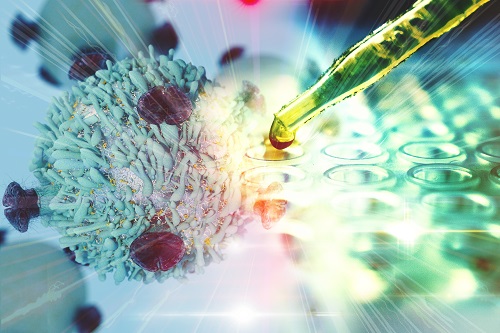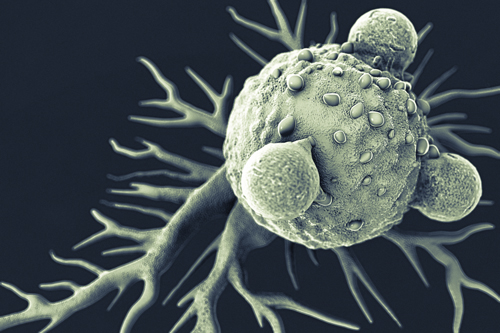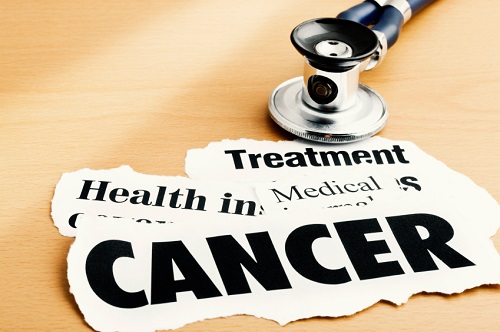Creating a universal CAR T agent could help avoid the lengthy and sometimes dangerous time period from apheresis of T-cells to re-infusion, which on average runs 2 to 2.5 weeks, although these timelines are expected to get shorter.
“Off-the-shelf” or “universal” T-cell therapy (allogenic) CAR T-cell production is under research. While personalized CAR T-cell therapy developed from the patient’s own T-cells is best to limit any potential graft-versus-host-disease (GVHD), some patients cannot wait for the development of their own personalized product. Some patients may be too sick to wait for production, or some cannot tolerate apheresis at all.
As reported by Kite Pharma in July 2016 and April 2017, they have partnered with UCLA investigators to advance the technology needed to develop this “off-the-shelf” technology. Research invoves an artificial thymic organoid (ATO) cell culture system that replicates the differentiation of T-cells ex vivo. It still remains to be seen if allogeneic “off-the-shelf” T-cell products will be as robust as autologous CAR T-cell therapies.
In addition, the use of natural killer (NK) cells are under study at MD Anderson Cancer Center in Houston. CAR NK cell studies are targeting both hematologic and solid tumors. Creating a bank of allogeneic NK cells could be an advantage for patients who cannot wait for the creation of personalized therapy from their own T-cells.



